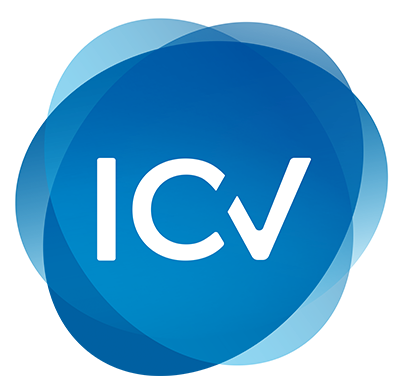"Target, Plan, Do, Check, Act!"

1. Could you briefly explain the term "self-directed ambition"?
Hammer: By ambitious behavior, we mean the self-motivating pursuit of goals in the broadest sense. The self-directed ambition aims to ensure that every employee has ambitious personal goals and thus deals with and identifies with his or her goals, goals of the company and its ambitions. Accordingly, the employees should not wait for "top-down goals" but be proactively aligned with the company goals.
The goals should also be really demanding and to achieve with increased effort. As a rule, it is better not to achieve ambitious goals completely, rather than achieving ambitious goals. Experience has shown that ambitious goals that are not achieved are more valuable to the company than less ambitious but achieved goals.
2. Finance business partner, business performance and performance management - does controlling play a role here?
Hammer: Finance business partnering is based on the fundamentals of controlling in many facets. Depending on the company, the finance business partner is an evolutionary development of the traditional controller. Business partnering is ideally embedded in a performance management cycle (target, plan, do, check, act). It is not about "accompanying or reporting" but the effective "shaping and challenging" of a desired performance.
The goal of a business partner is to achieve the desired goals as a "co-pilot" on an equal terms with the management team. Thus, the finance business partner is primarily measured by the impact achieved (business performance). In such an approach, the transactional activities of controlling (for example, creating reports, maintaining value flows and master data) are no longer the main focus of the finance business partner, but are bundled in a controlling center and processed as "industrialized" as possible. Thus, the finance business partner can concentrate on the business and thus on the desired effect.
3. What do controllers learn durng your speech for their current professional life and their future career?
Hammer: The speech should show the basic idea and selected starting points for the further development of controlling. It will provide impulses for the review of the goal-setting processes, the selection of the planning and management variables and for the cooperation with the business. In addition, the speech offers practical approaches to position controlling and the financial function as a key partner for the successful development of your company.
About Christoph Hammer
Christoph Hammer has succeeded Georg Radon as Chief Financial Officer of SBB since 2017. As such, he is also a member of the Executive Committee.
Since mid-2013 til that time he was head of global group controlling of the tool manufacturer Hilti where he was responsible for
- Performance Management
- Planning / Forecasting
- Reporting
- Financial Processes
- Shared Service Center
Before that Christoph Hammer was CFO for the regions Northern Europe and Great Britain at Hilti as well as CFO for Hilti Switzerland.
Further professional stations:
- CFO and deputy CEO Starbucks Switzerland / Austria
- Associate Partner and Director PricewaterhouseCoopers
The economist HWV, visitng also the Institute for Management Development IMD in Lausanne.
About the SBB
According to its own statement, the Schweizerische Bundesbahnen (Swiss Federal Railways, SBB), with 33,000 employees, carry more than 1.26 million people and 210,000 tons of goods every day (as of March 1, 2019, source: SBB webseite
